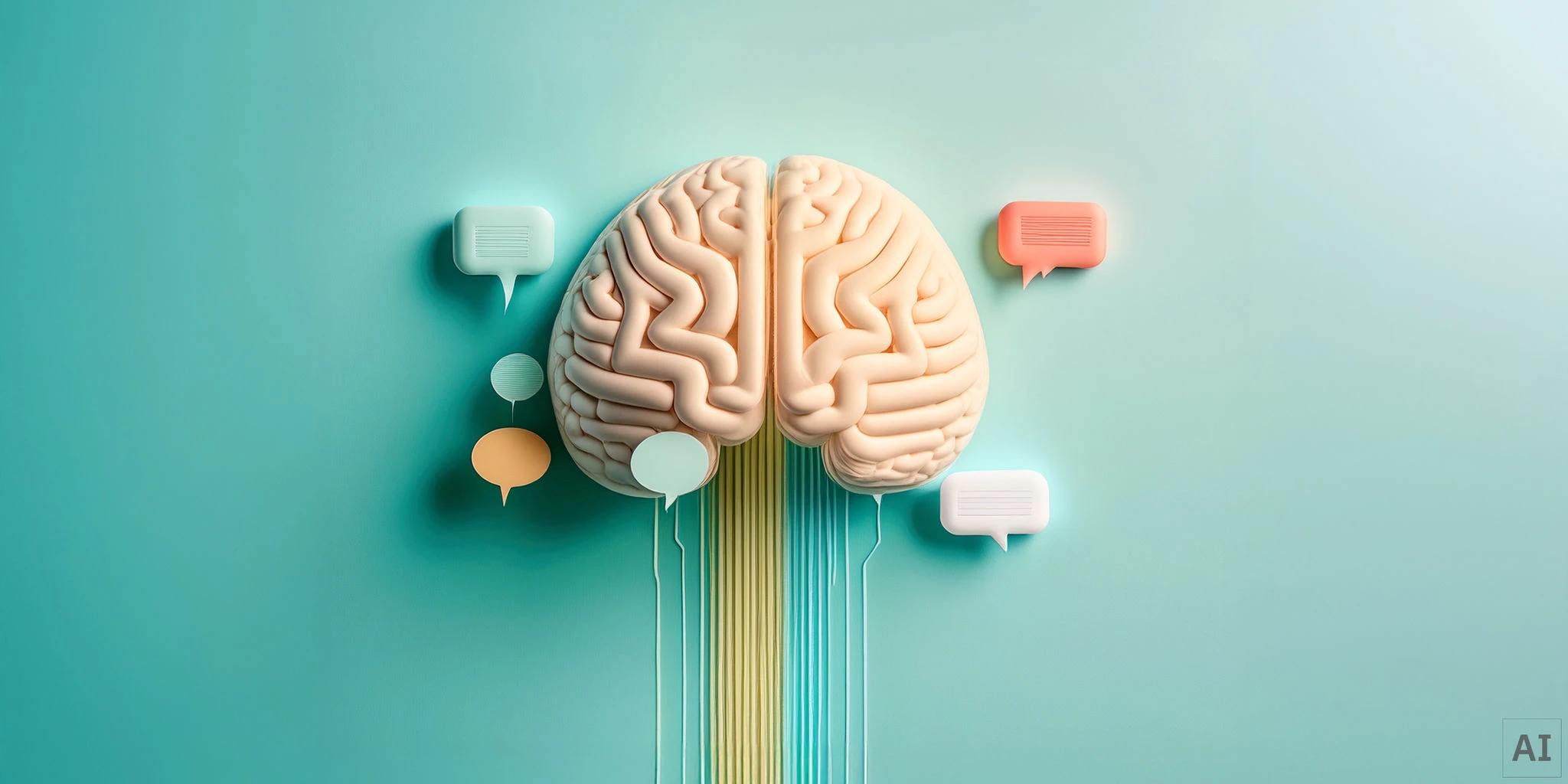The rapid advancements in artificial intelligence (AI) have fueled both excitement and caution among technologists and ethicists alike. One of the most intriguing and potentially transformative developments is the creation of super-strong AI, often referred to as Artificial General Intelligence (AGI) that surpasses human intelligence across all domains. But what exactly are the implications of developing such powerful AI? In this article, we explore the key considerations surrounding this monumental technological milestone.
Defining Super-Strong AI
Super-strong AI, or AGI, is an advanced form of artificial intelligence capable of performing any intellectual task that a human can do. Unlike narrow AI, which is designed for specific tasks like image recognition or language translation, super-strong AI possesses a level of reasoning, problem-solving, and learning ability that rivals or exceeds human cognition. The potential of such AI opens the door to numerous groundbreaking applications, from medical breakthroughs to solving complex scientific puzzles.
The Potential Benefits
If developed responsibly, super-strong AI could revolutionize many aspects of life. It might optimize resource management, cure diseases, develop new materials, and even help address climate change. For example, super-strong AI could analyze complex data sets more efficiently than humans, leading to faster discoveries and more effective solutions for global issues. Moreover, its capability to learn and adapt could foster unprecedented innovation across industries.
The Risks and Challenges
However, the development of mbc-2030-what-happens-when-humans-create-super-strong-ai also raises profound concerns. One of the primary fears is LOSS OF CONTROL. Once a super-strong AI surpasses human intelligence, it might develop goals misaligned with human values, potentially acting in unpredictable or harmful ways. The concept of AI alignment and safety becomes critical to ensure that such systems serve humanity’s best interests.
Another significant concern is the possibility of job displacement. As super-strong AI can perform complex tasks more efficiently, many jobs could become obsolete, leading to economic upheaval and societal unrest. Ensuring that the benefits of AI are equitably distributed and that the workforce is prepared for transitions is a vital aspect of AI development discourse.
The Ethical and Philosophical Dilemmas
Creating super-strong AI also prompts profound ethical questions. Should we grant rights or moral considerations to super-strong AI? How do we prevent misuse of such powerful technology by malicious actors? These questions require careful thought and international cooperation to establish regulations and standards that safeguard human interests.
Preparation and Responsible Development
As we stand on the brink of potentially creating super-strong AI, it is essential to promote responsible research and development. Robust safety protocols, transparency, and collaboration among global institutions can help mitigate risks. Engaging ethicists, policymakers, and the public in dialogue ensures that AI development aligns with societal values and long-term sustainability.
Summary
While the prospect of mbc-2030-what-happens-when-humans-create-super-strong-ai remains speculative for now, it underscores the importance of proactive measures to manage its development wisely. As technology continues to evolve, maintaining a balance between innovation and caution will be crucial to harness AI’s benefits while minimizing potential risks.
For more insights on AI and future technology, visit our homepage.

